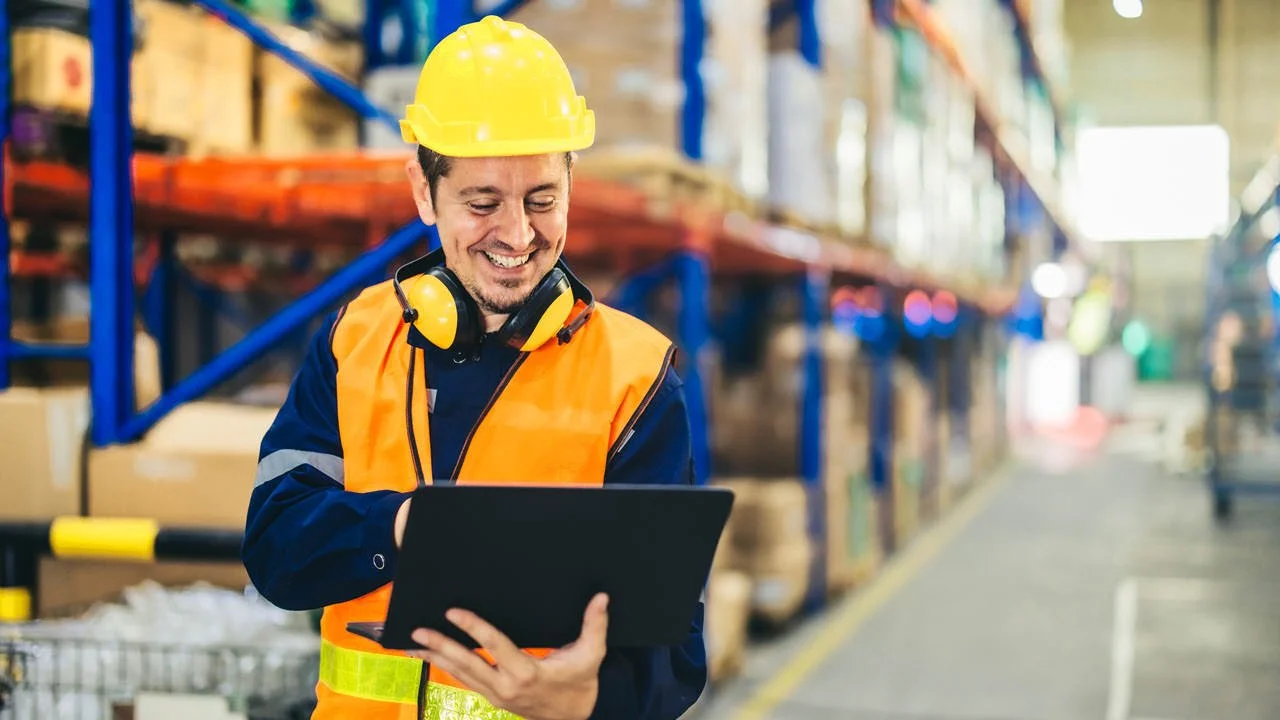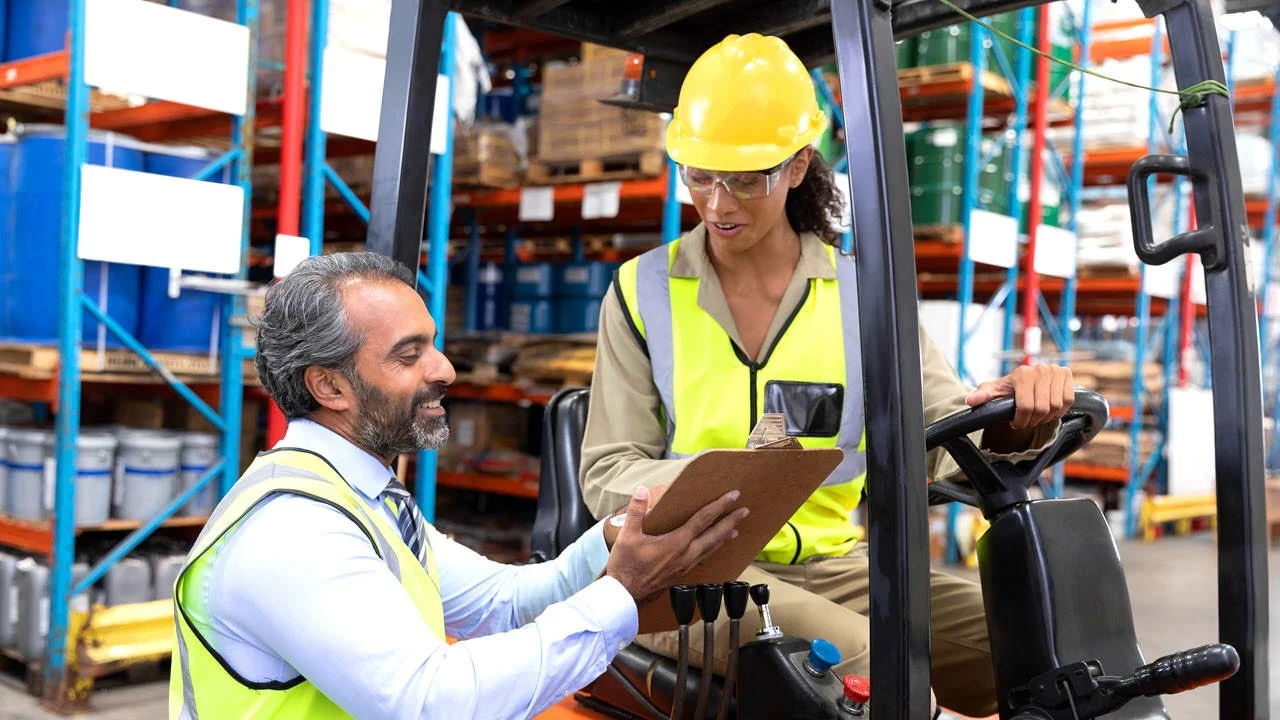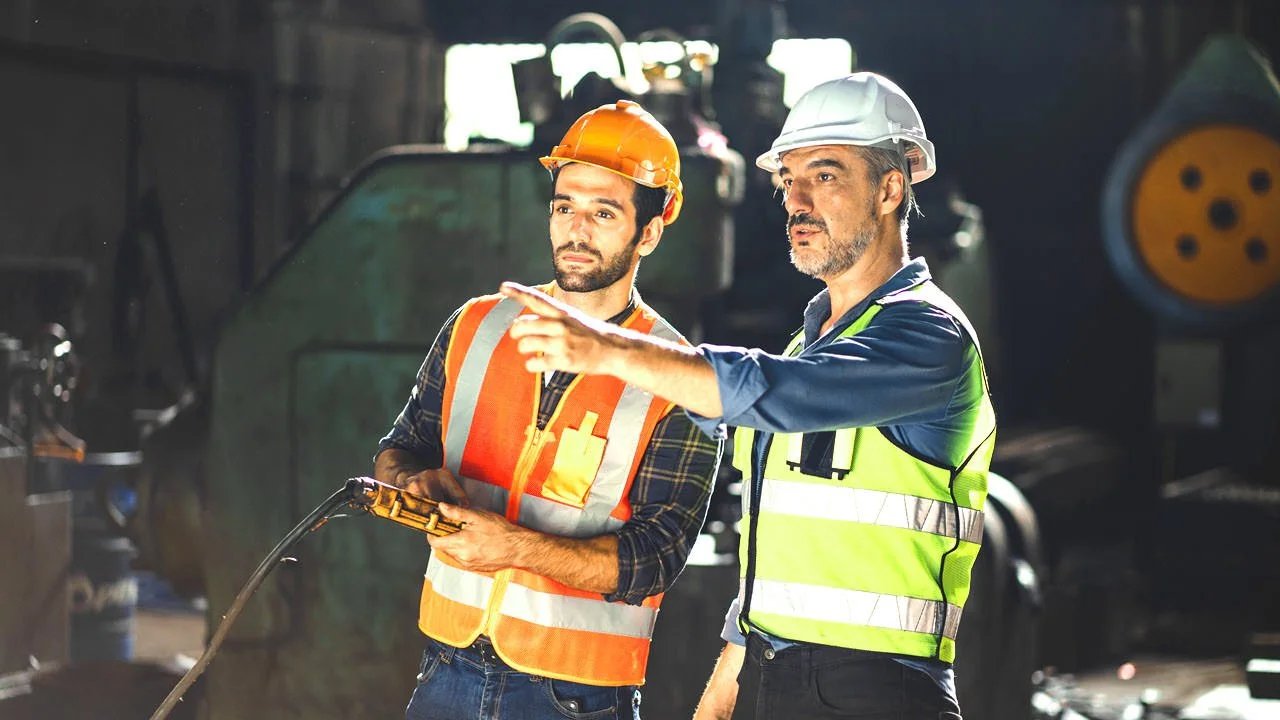Industry-Specific AI Pedestrian Detection Systems for Manufacturing & Logistics
Why Generic Safety Systems Fail: The Case for Industry-Specific AI Pedestrian Detection
Industrial accidents involving forklifts and heavy equipment continue to plague facilities across the manufacturing, warehousing, and logistics sectors. Despite significant investments in safety technology, many companies struggle with systems that generate false alerts, create operator fatigue, and ultimately fail to prevent incidents. The root cause? Generic safety solutions that ignore the unique operational realities of different industries.
The Problem with One-Size-Fits-All Safety Technology
A manufacturing facility's precise forklift choreography demands fundamentally different AI detection parameters than a mining operation's unpredictable haul truck patterns. Food processing facilities must navigate strict HACCP compliance requirements that bear little resemblance to retail distribution's lightning-fast throughput demands. Meanwhile, ports require long-range detection capabilities for massive container handling equipment operating in complex environments.
When safety systems aren't tailored to these specific operational contexts, the consequences are predictable:
System failures that create dangerous blind spots
Warning fatigue that compromises genuine safety responses
Costly installations that fail to prevent incidents
Regulatory vulnerabilities that expose facilities to penalties
Industry-Specific Solutions That Actually Work
Manufacturing & Assembly
High-precision environments require AI pedestrian detection systems that coordinate seamlessly with lean production schedules and precise material flow patterns. These facilities need forklift and autonomous mobile robot safety systems that integrate without disrupting just-in-time operations, maintaining the delicate balance between safety and efficiency.
Warehousing & Logistics
Fast-moving distribution centers demand collision avoidance systems capable of handling high-traffic zones and rapid throughput requirements. The challenge lies in optimizing detection sensitivity for forklifts and tow tractors operating in 24/7 environments while avoiding false positives that slow operations.
Construction Equipment
Outdoor construction sites present unique challenges requiring rugged detection systems for excavators, loaders, and mobile equipment. These implementations must withstand harsh environmental conditions while providing reliable blind-spot elimination across diverse terrain and weather conditions.
Food & Beverage Processing
Specialized processing facilities require washdown-rated detection systems that meet strict HACCP requirements and FDA compliance standards. These environments demand AI pedestrian detection that integrates with rigorous sanitation protocols while maintaining operational efficiency in temperature-controlled and moisture-rich environments.
Our systems are designed to meet stringent regulatory standards, ensuring compatibility with food safety audits and sanitation schedules without compromising detection accuracy.
Retail Distribution Centers
E-commerce fulfillment operations need rapid-deployment collision avoidance systems designed for peak season surges and variable workflow patterns. The key is minimizing installation downtime while maximizing detection accuracy in high-velocity picking and shipping operations.
Mining & Recycling Centers
Heavy industrial operations require detection systems engineered to withstand extreme dust, vibration, and continuous outdoor operations. These ruggedized solutions must support haul trucks, loaders, and excavators with remote monitoring capabilities and predictive maintenance features.
Different industries require different sensitivity settings, detection ranges, and response protocols.
The Riodatos Methodology: Proven Results Through Industry Focus
Riodatos' industry-specific approach leverages proprietary AI algorithms and a 10-step methodology to fine-tune detection sensitivity, alert protocols, and training programs, ensuring seamless integration with each facility's operational environment, regulatory landscape, and safety culture.
This targeted approach delivers measurable results:
Reduction in near-misses within the first year
50% faster deployment times through industry-focused implementation
Higher operator adoption rates due to context-appropriate system behavior
Stronger ROI through reduced incident costs and improved operational efficiency
Key Success Factors for Industry-Specific Implementation
Tailored Detection Parameters
Different industries require different sensitivity settings, detection ranges, and response protocols. Manufacturing facilities benefit from high-precision, short-range detection that accommodates predictable movement patterns. Mining operations need long-range detection with higher tolerance for environmental interference.
Operational Integration
Successful implementations consider existing workflows, shift patterns, and productivity metrics. Systems must enhance rather than hinder operational efficiency, earning buy-in from both safety teams and production managers.
Compliance Alignment
Industry-specific regulatory requirements shape every aspect of system design and implementation. Food processing facilities face different compliance challenges than construction sites, requiring tailored documentation, training, and maintenance protocols.
Scalable Architecture
Growing operations need safety systems that can expand with facility changes, seasonal variations, and evolving operational requirements. Industry-specific solutions anticipate these growth patterns and provide scalable infrastructure.
Making the Business Case for Specialized Safety Technology
The financial justification for industry-specific AI pedestrian detection extends beyond accident prevention. Facilities typically see:
Reduced insurance premiums through demonstrable risk reduction
Lower workers' compensation costs from fewer injury claims
Improved productivity through reduced safety-related delays
Enhanced regulatory compliance reducing penalty exposure
Stronger competitive positioning through superior safety records
Next Steps: Evaluating Your Facility's Unique Requirements
Every industrial operation has distinct safety challenges that require customized solutions. Whether managing lean manufacturing workflows, high-velocity distribution operations, or heavy equipment in challenging environments, success depends on understanding your sector's specific operational realities.
The key is working with specialists who understand your industry's unique requirements and can navigate the complex vendor landscape to implement solutions that work in your environment.
Visit our website at www.riodatos.com to explore a visual guide showcasing how our tailored AI detection systems enhance safety across industries.
About Riodatos
Riodatos specializes in AI pedestrian detection systems installation across the Americas, providing comprehensive forklift safety system installation services, warehouse safety technology implementation, and forklift camera system installation for manufacturing and logistics facilities.
We provide end-to-end services including vendor selection, pilot and demo programs, procurement, price negotiations, implementation, and ongoing support, ensuring your safety systems deliver measurable incident reduction, strong ROI, and regulatory compliance.
Our industry-focused methodology has helped facilities across manufacturing, warehousing, logistics, construction, food processing, retail distribution, and mining sectors achieve 60-80% reductions in near-misses within the first year of implementation. For example, a leading warehousing client reported significantly improved operator confidence and reduced safety incidents after implementing our tailored system, aligning with their high-traffic operational needs.
Our 10-step framework ensures seamless integration from initial assessment through ongoing optimization, delivering safety systems that operators trust, compliance teams approve, and executives can justify through measurable ROI and incident reduction.
Contact us at info@riodatos.com to schedule a free consultation and discover how our tailored solutions can enhance your facility's safety.
Summary
🏭 Generic safety systems are failing industrial facilities across America. Here's why industry-specific AI pedestrian detection is the critical solution your facility needs. 🚨
❌ The Problem: One-size-fits-all safety technology ignores operational realities
Manufacturing's precise forklift choreography ≠ Mining's unpredictable haul truck patterns
Food processing compliance requirements ≠ Retail distribution's lightning-fast demands
Result: False alerts, operator fatigue, expensive background noise
✅ The Solution: Industry-tailored AI pedestrian detection systems 📊 Our clients see 60-80% reduction in near-misses within year one
🎯 Industry-Specific Expertise:
Manufacturing & Assembly: Lean production integration
Warehousing & Logistics: High-traffic zone optimization
Construction: Rugged outdoor equipment detection
Food Processing: HACCP-compliant washdown systems
Mining: Heavy-duty 24/7 operations support
💡 Why specialization matters: Different industries = Different safety challenges ⚡ 50% faster deployment through focused methodology 💰 Stronger ROI through reduced incidents + improved efficiency
Ready to move beyond generic safety solutions? Let's discuss the unique challenges of your facility.
What's the most significant safety challenge your facility faces? Please share your thoughts, and let's work together to explore tailored solutions.
#IndustrialSafety #AITechnology #ForklifSafety #WarehouseSafety #Manufacturing #Logistics #SafetyFirst #RiskManagement
Riodatos delivers industry-specific AI pedestrian detection systems that actually work - reducing near-misses by 60-80% through tailored solutions for manufacturing, warehousing, logistics, and specialized industrial operations.





